Bacterial vaginosis is a common condition amongst women where there is an imbalance of bacteria in the vagina. The beneficial and harmful bacteria become out of balance resulting in too much harmful bacteria. Bacterial vaginosis is not a sexually transmitted infection (STI). Up to 70% of women will experience bacterial vaginosis at some point in their reproductive years.
What are the symptoms of bacterial vaginosis?
Not everyone will experience symptoms of bacterial vaginosis. If they do occur, they can include:
- Thin, watery discharge that may be white or grey in colour
- A strong unpleasant smell, often described as fishy
- Burning, itching, or irritation to the vagina
- Burning sensation when urinating
Bacterial vaginosis is not harmful but it can increase your risk of STIs and may also increase the chances of pregnant women giving birth early.
What are the triggers for bacterial vaginosis?
Some women are more at risk of developing bacterial vaginosis than others. Here are some common factors than can increase the risk:
- Douching (washing the vagina with water and harsh soaps can upset the beneficial bacteria)
- Certain feminine hygiene products
- New or different sexual partners
- Recent use of antibiotics
What are the potential complications of bacterial vaginosis?
Those who have bacterial vaginosis may have increased risk of developing other complications. These can include the following:
- STI’s
- Pelvic Inflammatory Disease
- Increased risk of infection after gynaecological surgery
- Pregnancy complications
Supplements for bacterial vaginosis:
Probiotics
Probiotics help to increase the body’s beneficial bacteria and bring a balance back to good bacteria levels. Beneficial strains can include Lactobacillus and Bifidobacterium species, which are common in the vagina. Having a higher number of these bacteria help control the numbers of less beneficial bacteria linked to infections. Supplementing with these strains can improve symptoms but also reduce the risk of developing bacterial vaginosis.
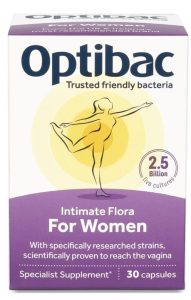
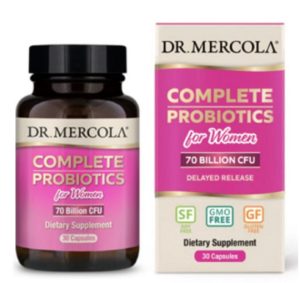
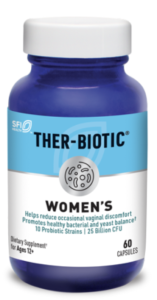
Vitamin C
Vitamin C will help to strengthen the immune system and fight infections, as well as decrease the risk of developing bacterial vaginosis.
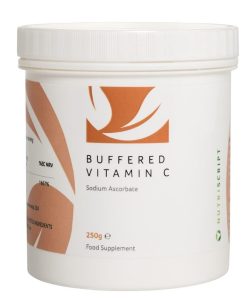
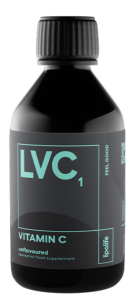
Vitamin D
Vitamin D is another important nutrient for immune support. A deficiency in vitamin D is positively linked to an increased risk of developing bacterial vaginosis in pregnant women. Women who are looking to get pregnant should supplement with vitamin D to reduce this risk.
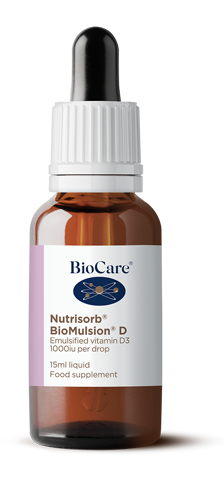
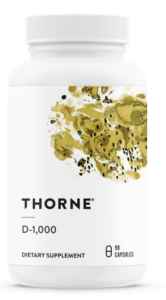
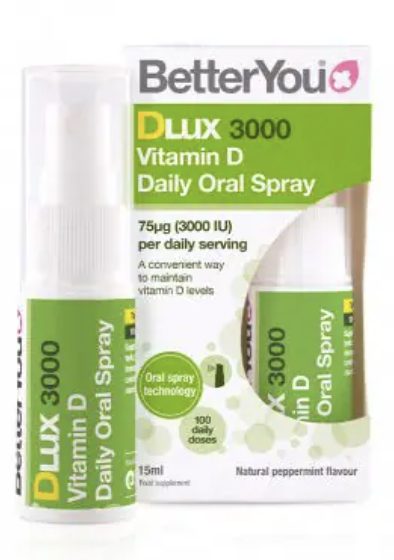
Garlic
Garlic is a useful antimicrobial for bacterial infections, to help reduce the imbalance of bad bacteria. It is a good alternative for those individuals who wish to reduce their use of antibiotics.
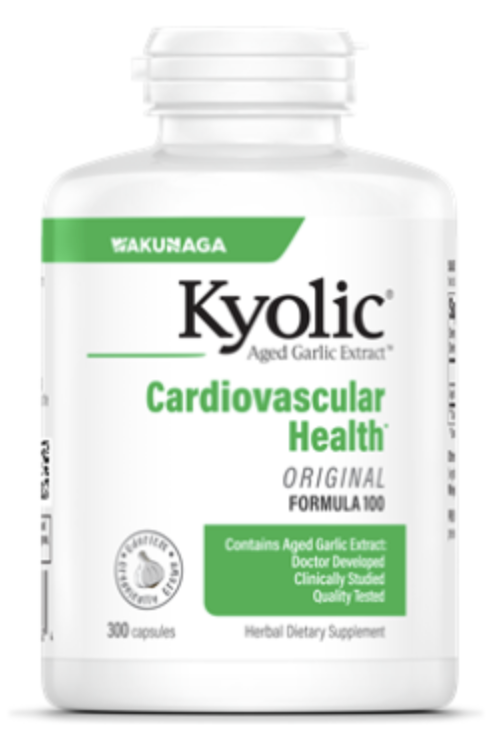
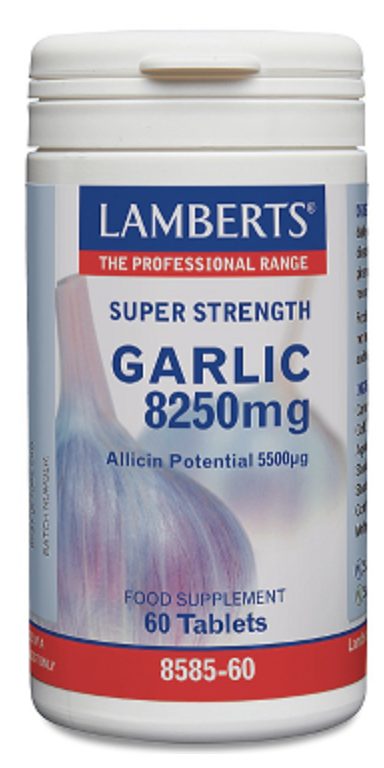
References:
https://www.nhsinform.scot/illnesses-and-conditions/sexual-and-reproductive/bacterial-vaginosis
https://www.mayoclinic.org/diseases-conditions/bacterial-vaginosis/symptoms-causes/syc-20352279
https://www.ncbi.nlm.nih.gov/books/NBK459216/
https://www.ncbi.nlm.nih.gov/pmc/articles/PMC4166107/
https://www.ncbi.nlm.nih.gov/pmc/articles/PMC4525405/
https://www.frontiersin.org/articles/10.3389/fnut.2022.1016592/full






